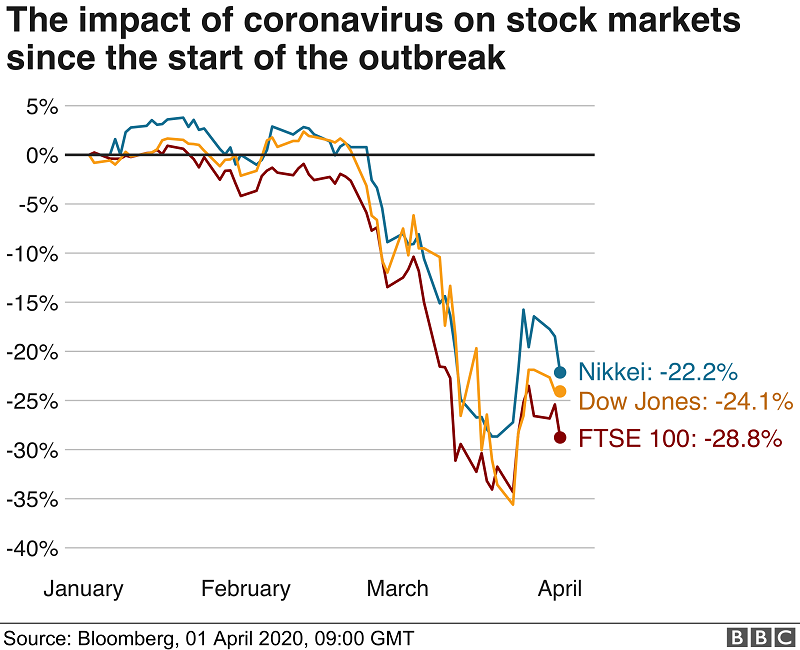
The very first case of coronavirus got traced back to November 17, 2019, according to the South China Morning Post. More than 4 months have passed since, and the virus’ impact can still be felt across the planet. China and its economy were hit the hardest during the initial virus outbreak, but as the situation turned into a global pandemic, its effect reached almost everyone and everything in the world - including the IT industry.
Technology and IT services first felt the consequences with cancellations of some of the biggest tech related events and conferences. Last month, the loss surpassed $1.1 billion, with major events such as South by Southwest, Mobile World Congress, Facebook F8, Google I/O, and recently Electronic Entertainment Expo all got cancelled, and the loss doesn’t even include the profit that the attending companies would have made had they participated in the event as planned. In the Mobile World Congress case, for example, the estimated loss is almost half a billion dollars, not including the potential job opportunities that were lost as well, as the event usually creates around 14,000 part time jobs.


[Tech events and conferences are being shut down due to the coronavirus outbreak]
The economic consequences could be seen in the global stock market as well. It started with tech companies closing the offline stores due to the virus outbreak’s effect on the supply chain, since a lot of businesses highly depend on Chinese manufacturing, and the damages didn’t end there.

[Source: Bloomberg and bbc.com]
While the stock market plummets for some, there are sectors in which numerous companies are seeing growth. In the case of ecommerce, companies are even adding new jobs to handle the extra demand as more and more people every day are moving to online stores for their groceries and other supplies. Self-driving vehicle business is also seeing an increase in demand, especially in China, where the self-driving cars were used for delivery of supplies to quarantined people in China amidst the outbreak. Video conferencing also became a necessity since social-distancing is recommended in some, and required in other countries. And as the meetings in person became almost impossible in certain regions, companies that have video conferencing solutions, such as Zoom, saw an increase in over 50% in their share price. With movement restrictions in some parts of the world and self-isolation being recommended by the governments around the globe, people are more bound to turn to entertainment service providers such as Netflix, gaming platforms or other streaming services.
According to the latest updates as of today, 1,287,284 people have been infected, and 70,545 have lost the battle with the virus. This virus has affected the entire world’s population at this point and is also a danger to the global economy. Things seem unfortunate for IT businesses that are relying on face-to-face interactions, but look very promising to businesses that provide cloud offerings, since a big part of today’s population is in self-isolation, works from home or is at least in some part avoiding meetings or outings. This period has highlighted a need for cloud-based services that enable people to work remotely and will probably leave a long-term impact on the industry in the time to come.
Comments
Post a Comment